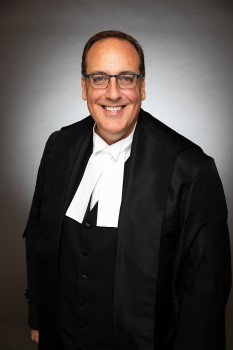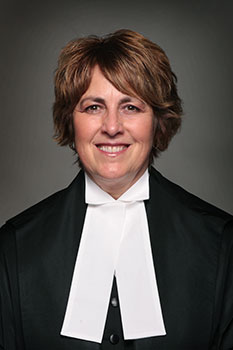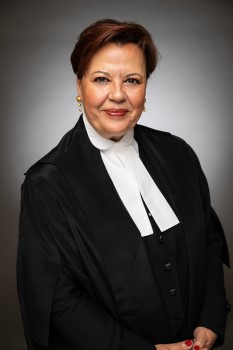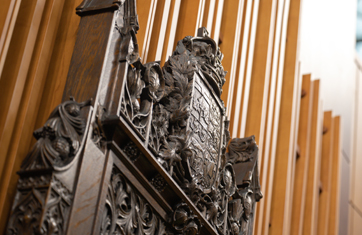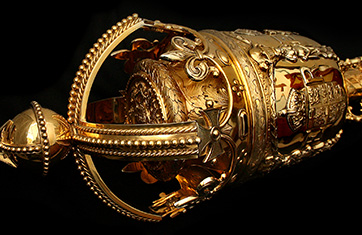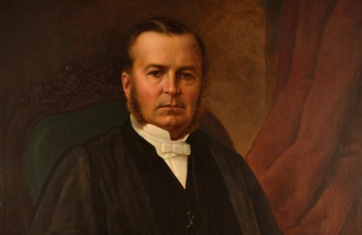Role of Other Presiding Officers
Current presiding officers
At Confederation, the constitutional responsibility of the Speaker to preside over all proceedings of the House of Commons was fulfilled by a single individual. While the Speaker had the authority to choose another Member to occupy the Chair in the Speaker's absence, it wasn't until 1885 that the Prime Minister put forward a proposition that the House would be better served if the positions of Speaker and Chairman of Committees of the Whole were divided into two offices. Rules were adopted creating the position of Chairman of Committees of the Whole and, later in the year, a bill was passed enabling this Chairman to act as Speaker in the Speaker's absence.
As the work of the House and the length of its sessions increased over the years, the House identified the need for the services of additional Presiding Officers and there is now a Deputy and an Assistant Deputy Chairman of Committees of the Whole. The Deputy Speaker and Chairman of Committees of the Whole and the other Presiding Officers are now vested with all the legal powers of the Speaker when he or she is absent from the House as set out in the Parliament of Canada Act and in the Standing Orders of the House of Commons.
The primary roles of the Deputy Speaker and the other Presiding Officers are to support the Speaker in the Chamber in presiding over the business of the House, to take the Chair when the House sits as a Committee of the Whole and, on occasion, to chair legislative committees. In addition, the Deputy Speaker has certain administrative responsibilities. When the House forms itself into a Committee of the Whole, it is the duty of the Chairman of Committees of the Whole to take the Chair.
In the House, the Speaker is generally in the Chair at specific times: at the opening of the sitting and during Members' Statements, Question Period and Routine Proceedings. The remaining time in the Chair is shared by the Deputy Speaker and the other Presiding Officers.
While the Standing Orders provide for the Speaker's impartiality and independence by disallowing him or her from participating in any debate before the House, there is no clear statement as to whether the Deputy Speaker and other Presiding Officers should take part in debate. In accordance with recent practice, the Deputy Speaker and other Presiding Officers generally avoid taking part in debate, but do, for the most part, maintain their right to vote when not presiding over the House. In general, occupants of the Chair do not sponsor or pursue private Members' bills or motions, or put written questions on the Order Paper.
